Top 10 ASO Strategies for Successful Mobile App Promotion
6 min read Promoting a mobile app in today’s crowded marketplace can feel overwhelming, but effective App Store Optimization (ASO) can transform your app's visibility and performance. By leveraging the right strategies, you can improve your app’s ranking, attract more users, and increase downloads. This guide explores the top 10 ASO strategies tailored for app developers and marketers. January 10, 2025 10:28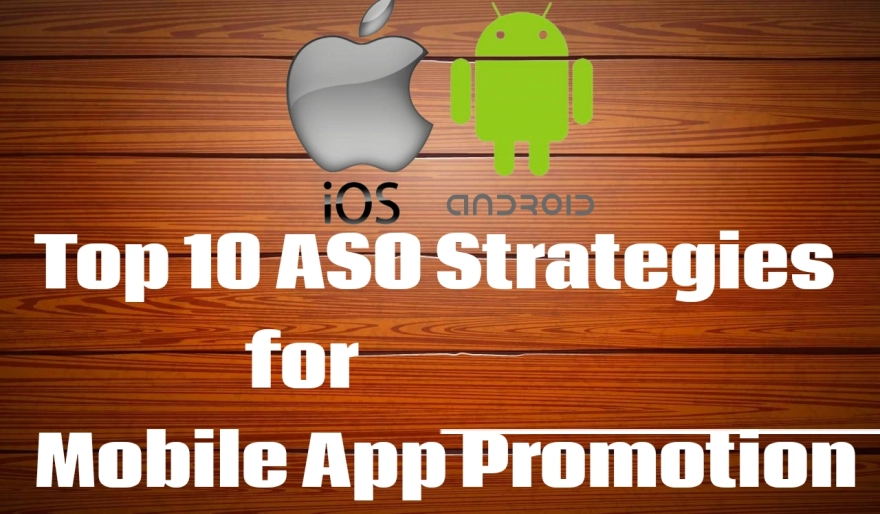
1. Focus on Keyword Research
The foundation of ASO lies in identifying the right keywords for your app. How do you find these keywords? By understanding your target audience’s search behavior. Tools like Sensor Tower and App Radar can help identify high-value, relevant keywords. Don’t overlook long-tail keywords—they may have lower competition but can drive highly targeted traffic to your app.
2. Craft a Keyword-Rich App Title and Subtitle
A great app title isn’t just catchy—it’s also functional. Including relevant keywords in your app’s title boosts search discoverability. For example, "FitLife: Workout Planner & Calorie Tracker" uses keywords that potential users might search for. The subtitle offers another opportunity to highlight your app's unique selling points in a concise, engaging manner.
3. Write an Optimized and Clear App Description
Your app description should act as a pitch, making users feel like they need your app. What should you include in the description? Highlight your app’s core features, benefits, and how it solves a user problem—all while subtly including relevant keywords. A short call-to-action (CTA) like "Start your fitness journey today!" can nudge users toward downloading.
4. Enhance Visual Appeal with Screenshots and Videos
Did you know that users decide whether to download an app within seconds? High-quality screenshots showcasing your app’s functionality are crucial. Include captions or annotations that guide users through your app’s features. Additionally, a 30-60 second preview video can further engage users, giving them a visual experience of what your app offers.
5. Leverage the Power of User Reviews and Ratings
One of the key factors influencing downloads is user feedback. How do you get more reviews? Encourage users to leave feedback with an in-app prompt—timing is key, so ask after a positive interaction. Responding to reviews, even negative ones, demonstrates your commitment to user satisfaction and can build trust.
6. Design a Unique App Icon
Your app’s icon is its first impression. What makes a great icon? It should be simple, distinctive, and reflective of your app’s purpose. Avoid clutter and ensure the icon is visible on smaller screens. Bold colors and clean lines often perform well in grabbing attention.
7. Localize for Global Audiences
If you’re targeting multiple regions, localization is a game-changer. How do you localize effectively? Translate your app title, description, and keywords into the languages of your target markets. But don’t stop at language—adapt screenshots and other visuals to align with cultural preferences for better user engagement.
8. Update Your App Frequently
Regular updates not only improve your app’s performance but also signal to app stores that your app is active. Does updating really help with ASO? Absolutely. Each update is an opportunity to optimize keywords, refine visuals, and fix bugs, boosting your app’s appeal to both users and algorithms.
9. Study Competitors and Learn from Them
Competitor analysis can reveal gaps you can fill to outperform rivals. How do you analyze competitors effectively? Look at their keywords, descriptions, visuals, and reviews. Understanding their strengths and weaknesses allows you to refine your strategy and create a better offering.
10. Integrate Organic and Paid Strategies
A strong ASO foundation is essential, but pairing it with paid promotion can fast-track success. Do paid ads impact ASO? Yes, they generate traffic that boosts your app’s rankings, complementing your organic efforts. Platforms like Google Ads and Facebook Ads can amplify your reach while you work on building organic visibility.
Final Thoughts
App Store Optimization is an ongoing process, not a one-time fix. By consistently applying these top 10 ASO strategies, you can improve your app's visibility, drive more downloads, and achieve sustained growth. Keep experimenting, analyzing, and adapting your approach to meet changing trends and user behaviors.
Start implementing these strategies today, and your app could become the next big hit!
User Comments (0)
Popular Apps
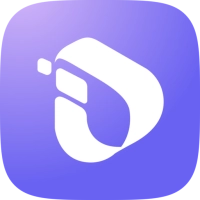






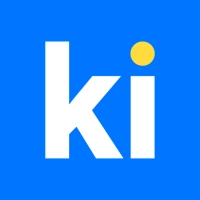


Editor's Choice
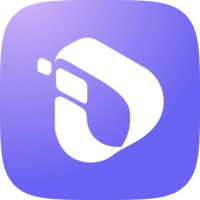


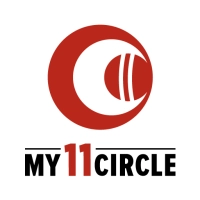






 WP Theme
WP Theme Android
Android iOS
iOS Windows
Windows Mac
Mac Linux
Linux Play Station
Play Station Xbox
Xbox Steam
Steam Wordpress
Wordpress